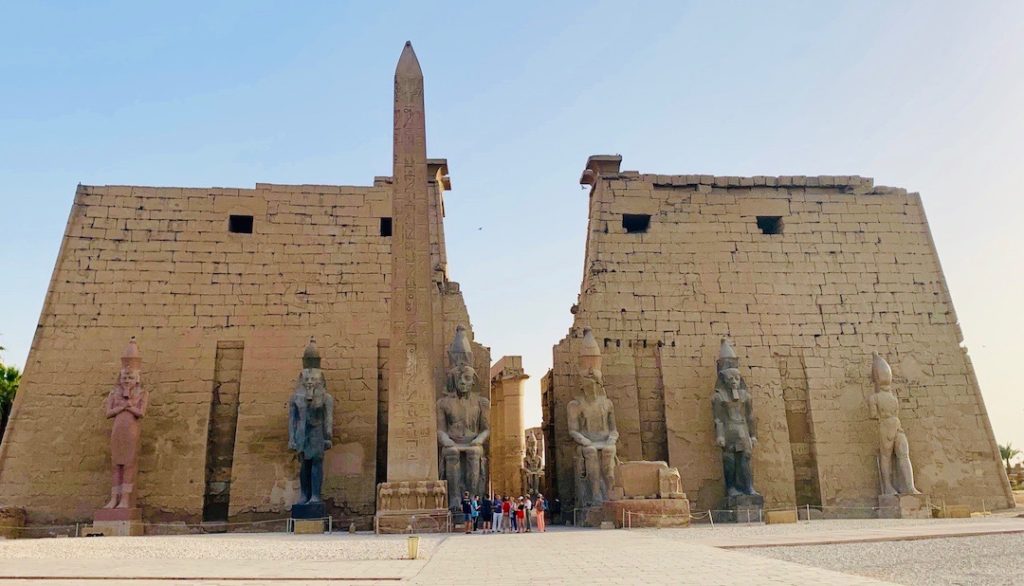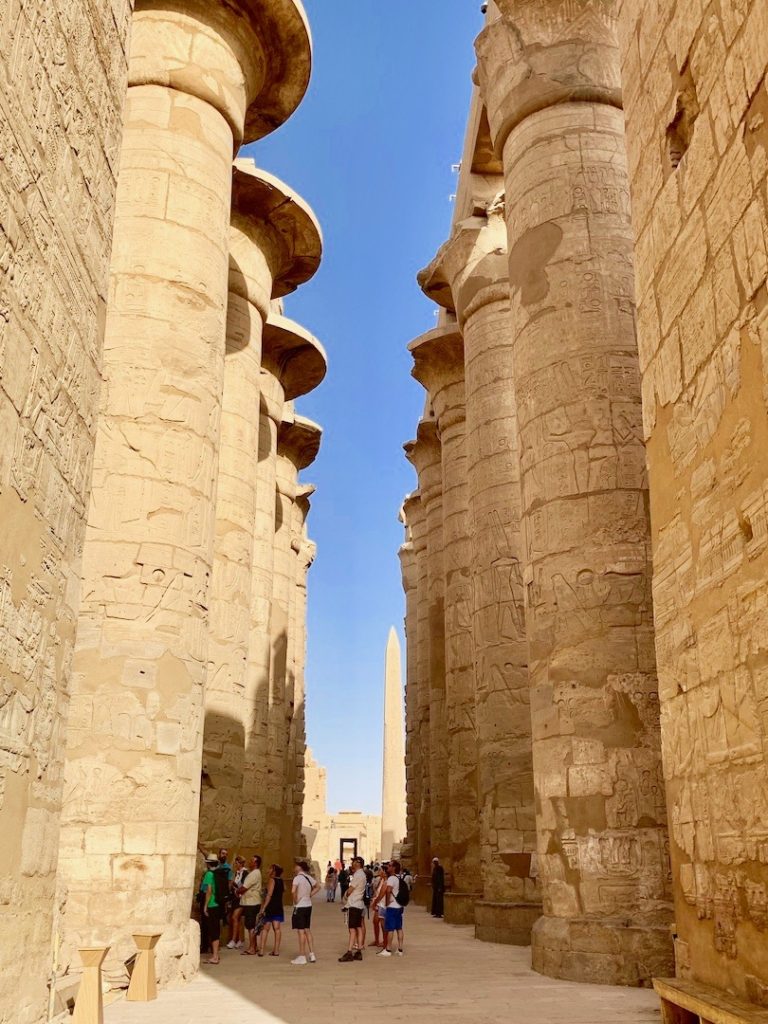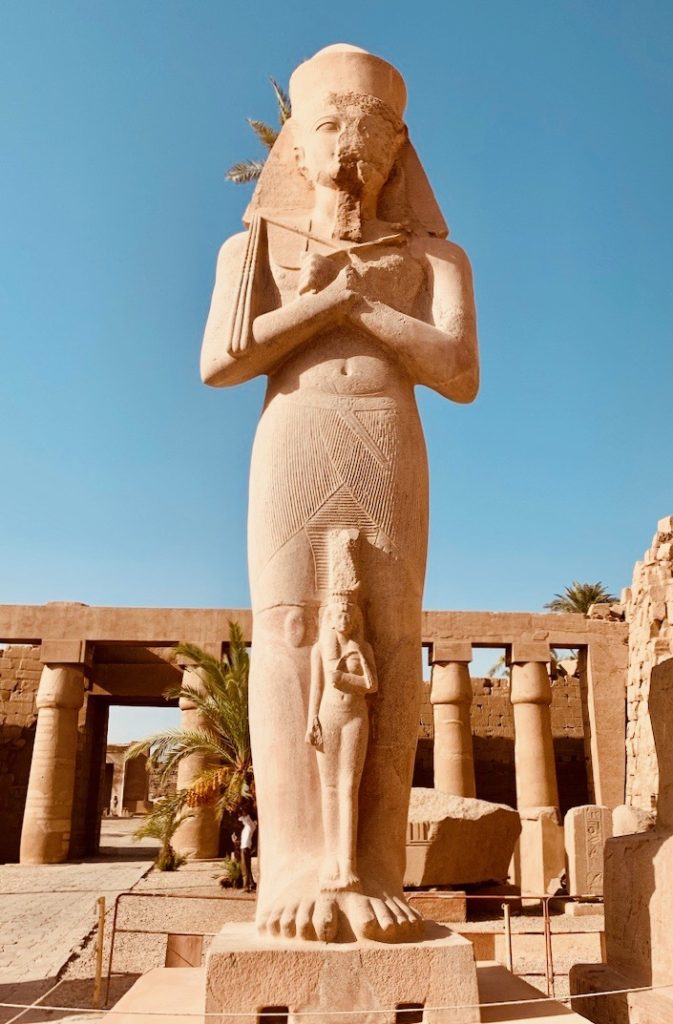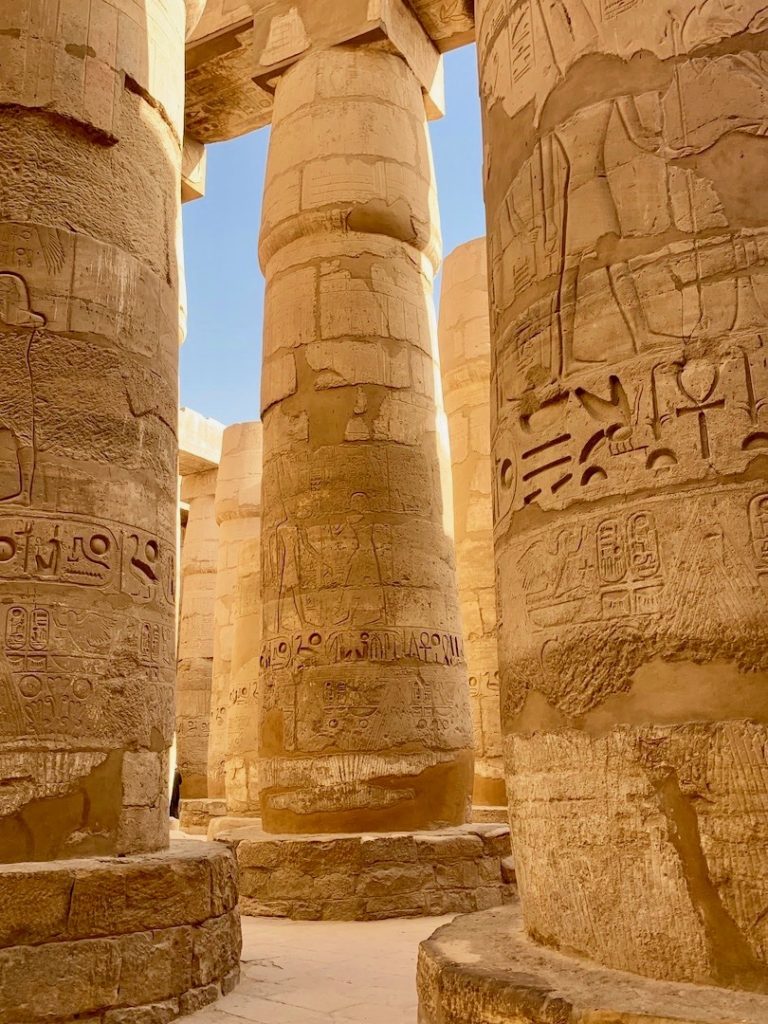Luxor is a much quieter, smaller town compared to Cairo. However, it has some of the most well-preserved ancient ruins in the country. Many of the tombs still have colorful hieroglyphic writings, which is amazing considering that the writings are over 4 thousand years old. There are many things to see, so here are the top 10 things to do in Luxor.
1. Valley of the Kings
Valley of the Kings is located on the West Bank of the Nile and is where Egyptians built tombs into cut out rock for pharaohs and powerful nobles. There are 63 tombs and chambers in the valley and they are all located at different depths underground based on how long the person lived. The walls of the tombs tell stories of Egyptian mythology and funeral rituals. It is one of the highlights of Luxor.
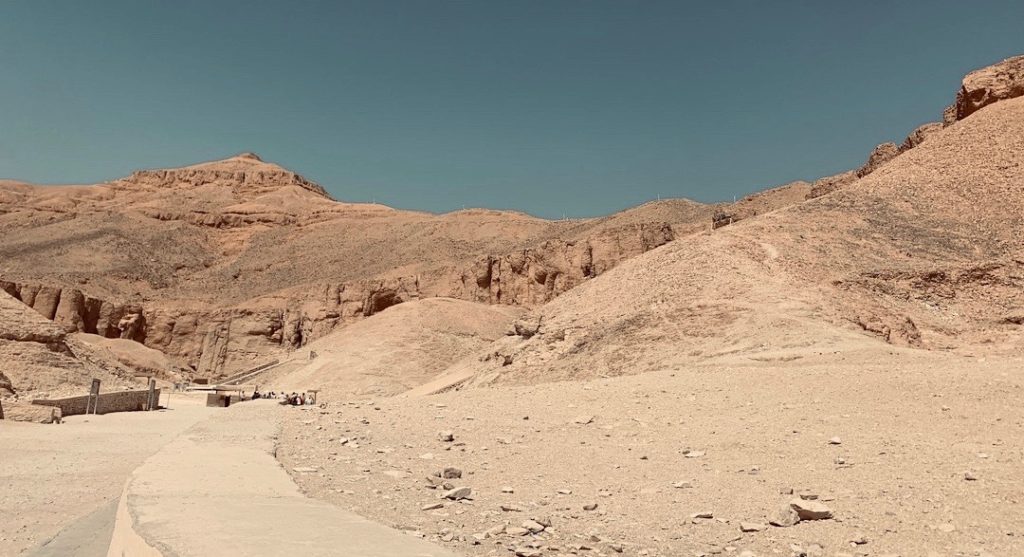
2. Tomb of Merenptah
The tomb of Merenptah is located in the Valley of the Kings. He was the son of one of the greatest pharaohs of Egypt, Ramesses II. The pathway to the burial chamber extends 160 meters underground. On your walk underground, there are beautiful and interesting decorations and color stretching from the ceiling to the floors.
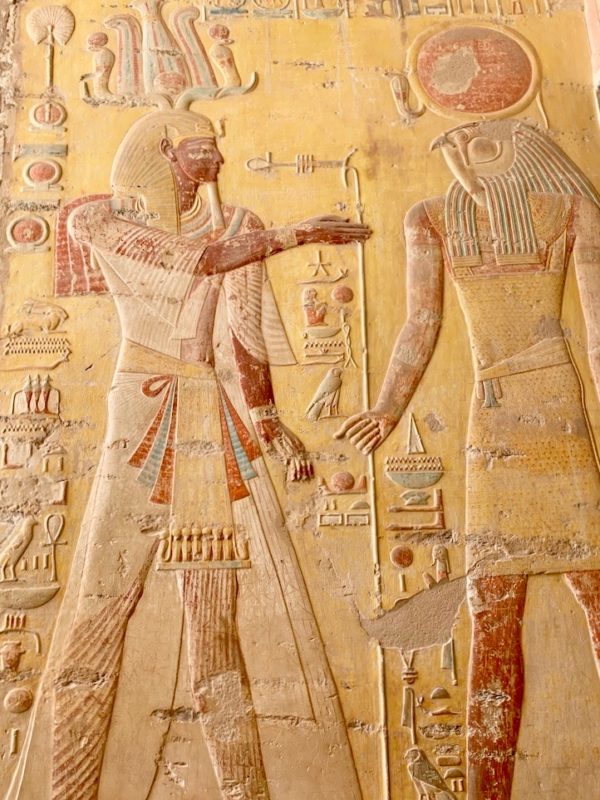
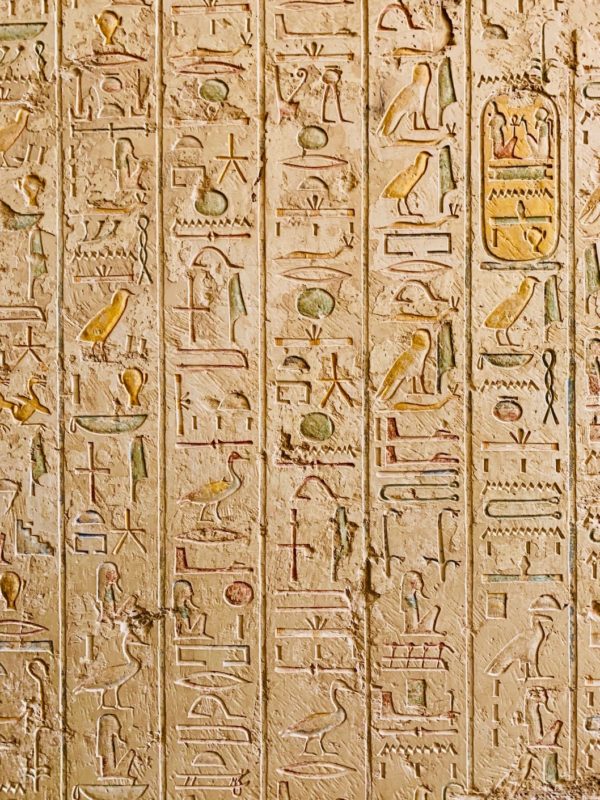
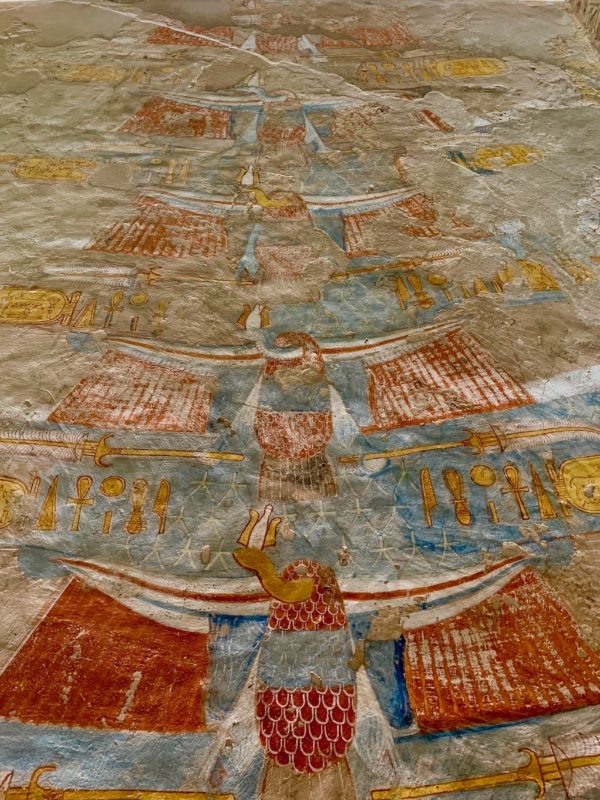
3. Tomb of Ramesses III
Located in the Valley of the Kings, the tomb of Ramesses III is one of the largest in the valley. His mummified body is not available for the public to see, but it apparently set the framework for Hollywood’s depiction of mummies.
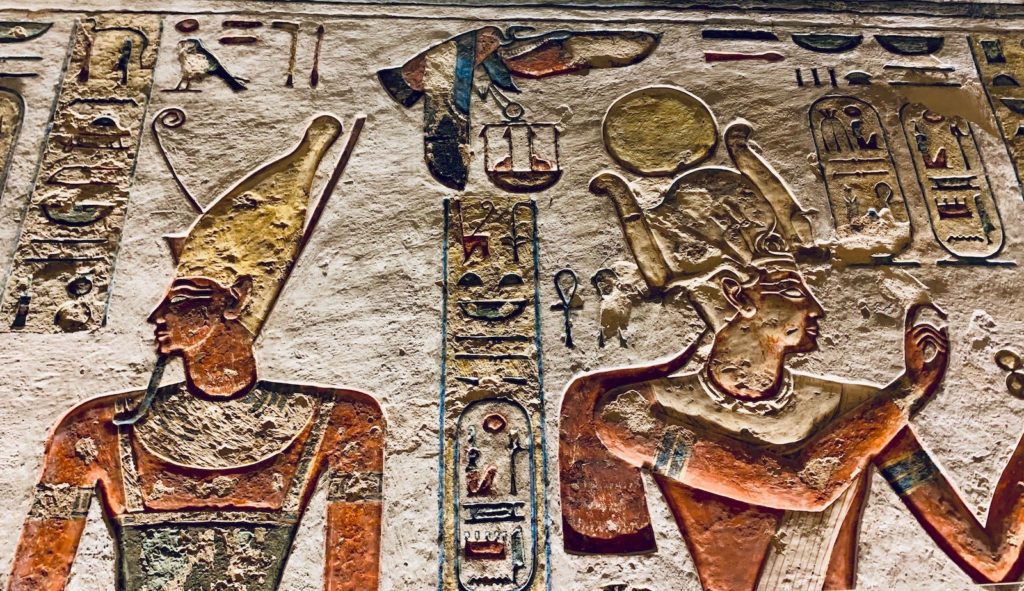
4. Tomb of King Tutankhamun
The tomb of King Tutankhamun (known as King Tut) was built quickly because he died at age 19. Because of his early death, the walls are only painted instead of carved. As a result, some would say that the paint has not survived well over time. It still looked amazing to me. You must buy an extra ticket (about $5) to visit King Tut’s tomb, but you will be able to see his mummified body, which is really cool. You are not allowed to take photos in the tomb, even if you have a photo pass.
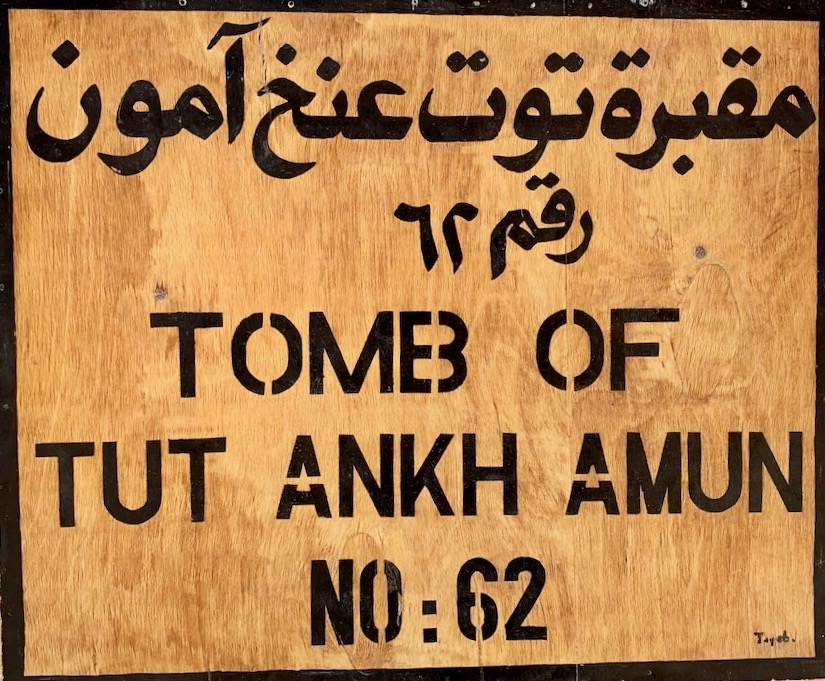
5. Tomb of Ramesses VI
His tomb is one of the largest in the Valley of the Kings. During his reign of only six years, he took on a large building program in Upper Egypt. His mummified body is now located in the Egyptian Museum.
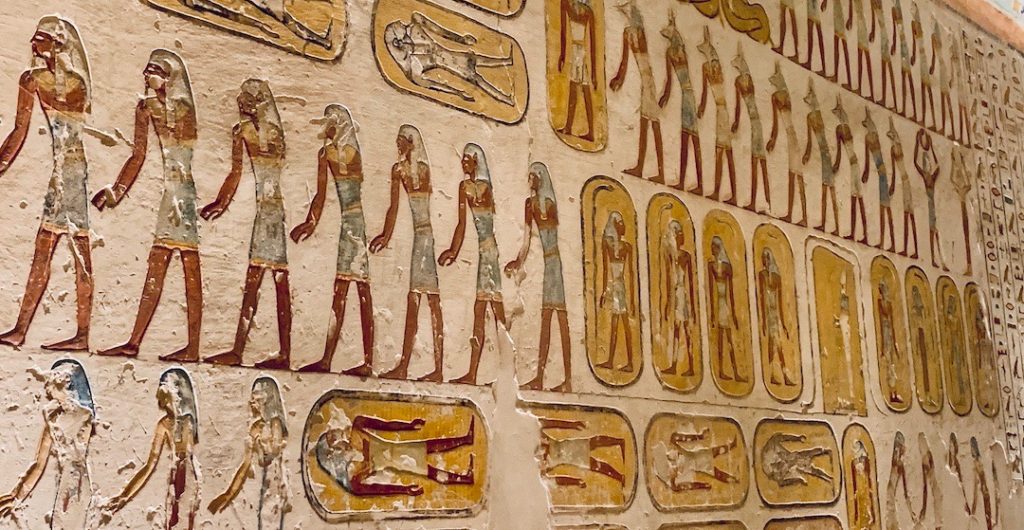
6. Temple of Queen Hatshepsut
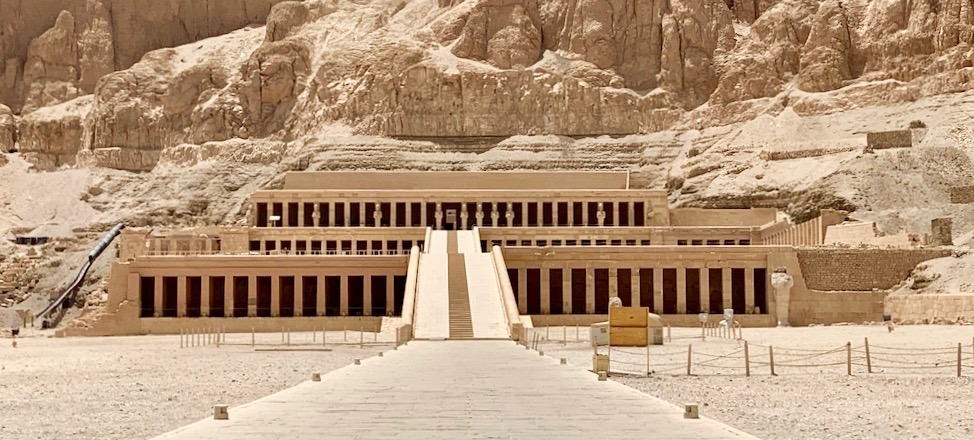
The Mortuary Temple of Hatshepsut is located near the Valley of the Kings. It is thought to be one of the “incomparable moments of ancient Egypt.” It has undergone quite a bit of restoration, but that does not take away from the interesting nature of the place. For architecture lovers, Hatshepsut’s temple is considered the closest Egypt came to classical architecture. Hatshepsut was the fifth pharaoh of the Eighteenth Dynasty of Egypt. She was the second historically-confirmed female pharaoh.
7. Karnak Temple
The Karnak Temple dates from around 2055 BC to around 100 AD. It is one of the largest religious buildings ever constructed. The place is massive and it is a wonder how the Egyptians even built it. Egyptians celebrated the end of the annual agricultural cycle at Karnak and Luxor for twenty-seven days. During the festival, the people were giving over 11,000 loaves of bread and more than 385 jars of beer.
8. Colossi of Memnon
The Colossi of Memnon are two statues of the Pharaoh Amenhotep III, who reigned in Egypt during Dynasty XVII. The name comes from Memnon who was know as a hero of the Trojan War. Floods from the Nile and a large earthquake in 27 BC did a lot of damage to the statues, but their large size still feels like they are the gateway to the city.
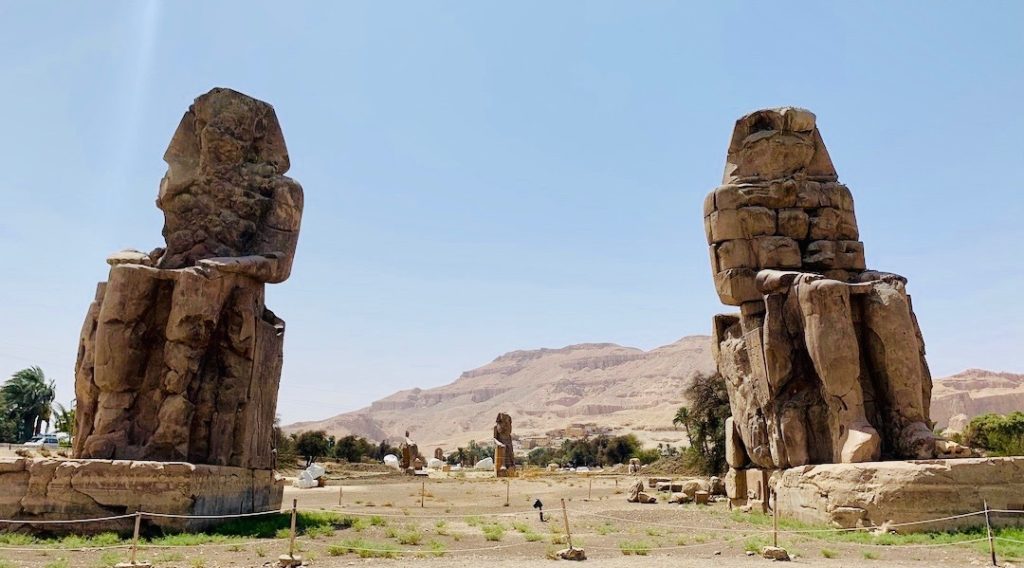
9. Medinet Habu (Mortuary Temple of Ramesses III)
The Medinet Habu is located on the West Bank of Luxor. Tourist rarely visit the temple, but it is worth the visit, since the walls still have a lot of detail. It is known as the best source of inscribed reliefs depicting the advent and defeat of the Sea People during Ramesses III’s reign.
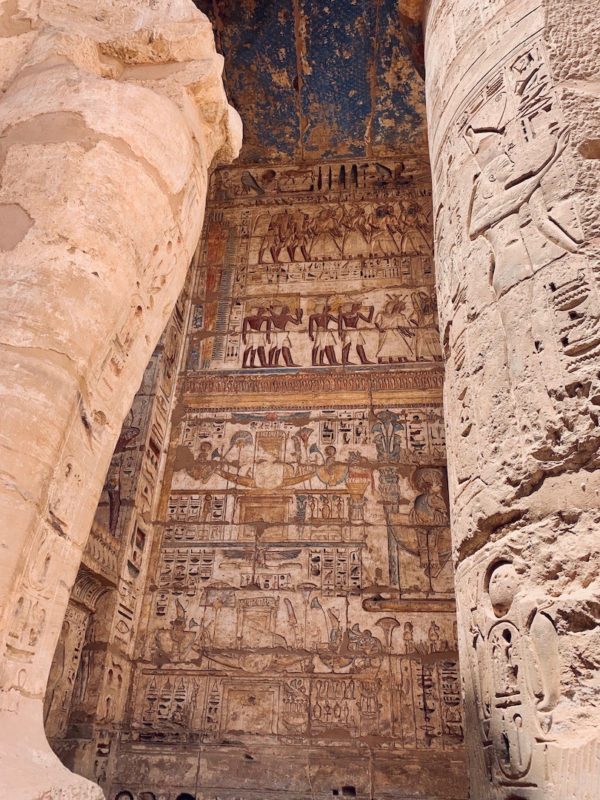
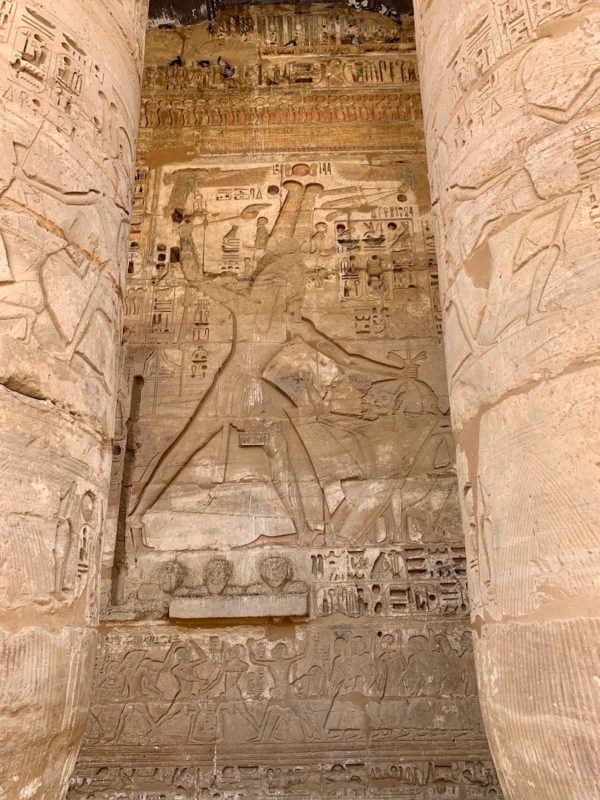
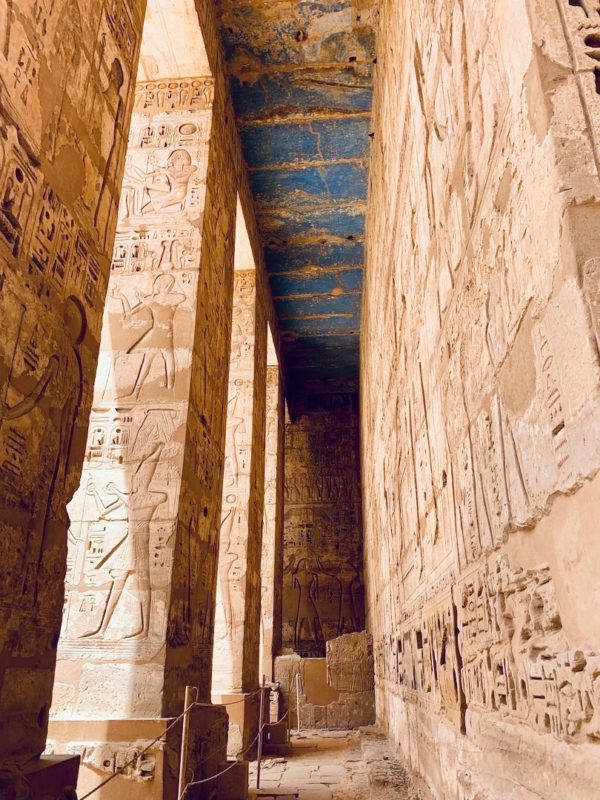
10. The Temple of Luxor
The Temple of Luxor, also known as the southern sanctuary, is the site of the famous city of Thebes. It is unlike most of the other temple, since it is not dedicated to a god or specific king’s death. However, it may have been used to rejuvenate kingship. In front of the temple is the avenue of the Sphinxes, which ran all the way to the temples at Karnak. Visit the temple at night when it is all lit up and looks like it came right out of a Hollywood movie.
